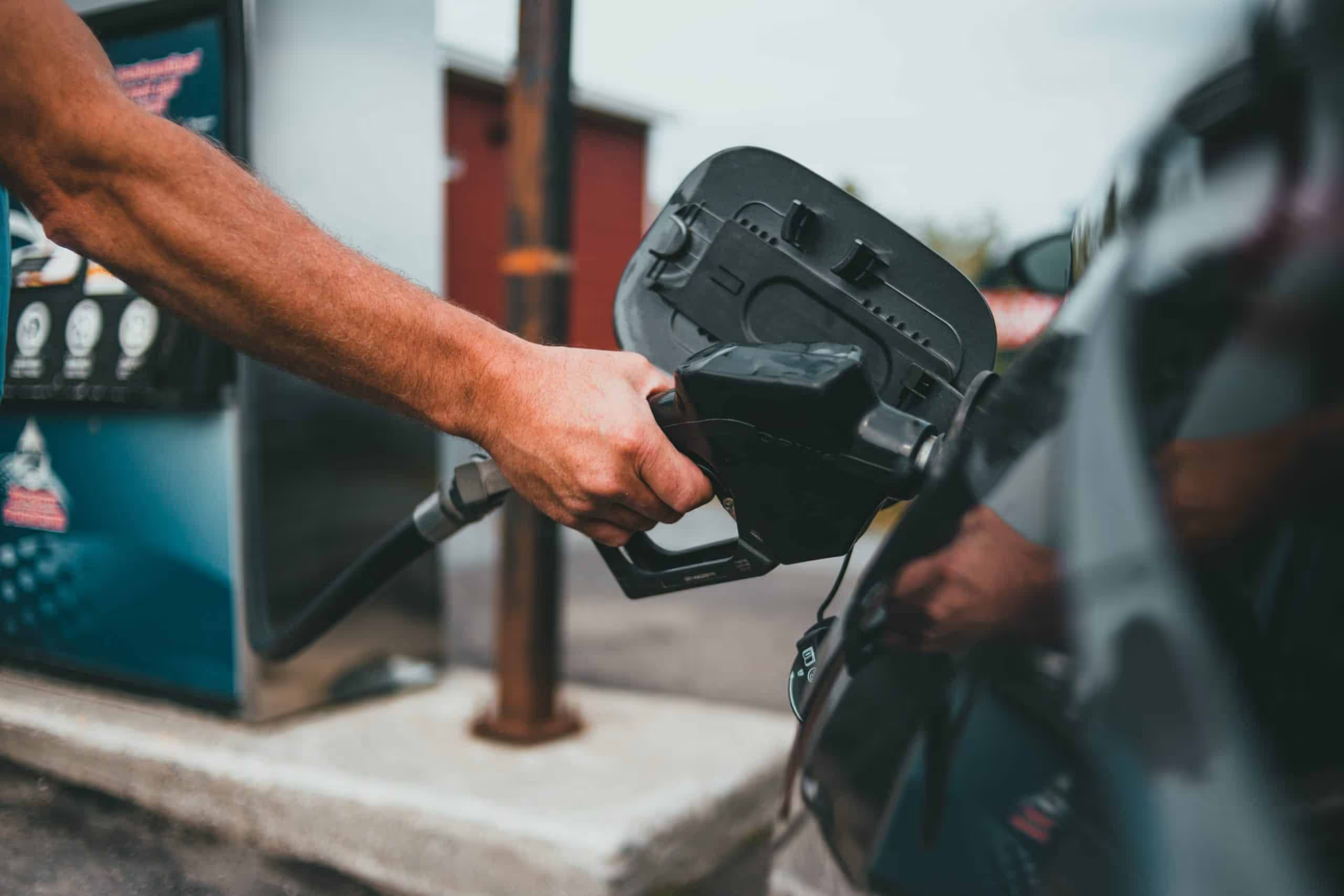Truck Insurance for the Oil and Gas Industry: How to Get the Best Coverage

The transportation of hazardous materials like oil and gas requires fleet managers to be hyper-aware of the risks their vehicles and, most importantly, their drivers are faced with. One of the best ways to be prepared for these risks is to find reliable insurance coverage for your fleet. In this blog, we'll go over how to go about finding the right insurance coverage that fits your company's needs.
How Does Truck Insurance Work?
Commercial truck insurance includes a combination of collision, liability, and comprehensive coverage. Unlike personal car insurance, it requires higher coverage limits because trucks are heavy-duty vehicles and are expensive. Moreover, the insurance needs to account for the type of cargo the trucks haul.Due to the sensitive nature of transporting oil and gas, companies need specialized insurance coverage. Trucking insurance for oil and gas must have at least $750,000 worth of liability coverage to indemnify the company and the driver in case of property damage or injury. Additionally, the policy should include cargo insurance for replacing damaged or lost items during a collision or theft. A high-value cargo coverage increases your policy limits, allowing you to receive payments for lost or damaged items.
What Are the Benefits of Truck Insurance?
Fleet operational expenses are not cheap. Considering the expensive overhead, you may want to skip added costs such as insurance coverage. It's understandable: companies with large fleets will have high out-of-pocket costs. It may not seem sensible for a small company to get insured immediately while the business is still growing.However, truck insurance offers coverage against loss or damage, which may be more costly than the policy itself. Additionally, it's a legal obligation to your drivers that can help your company stay compliant. In that case, the benefits outweigh the costs.
- Protect Oil and Gas Equipment - Replacing oil and gas equipment can dent a business's bottom line. The right truck insurance protects a company from unexpected outlays due to damage or theft. Additionally, comprehensive coverage can cover most expenses if your truck is damaged due to collision, natural disasters, and artificial hazards (riots and fires). With the right truck insurance, any losses incurred can be mitigated.
- Environmental Concerns and Liability - Operating a trucking company involves plenty of risks to life and property-even more so if you work in the oil and gas industry. Mechanical failure and tank leaks could lead to environmental hazards. Every fleet needs truck insurance to cover pollution clean-up costs and property damage. Although general liability insurance addresses significant threats, it does not cover specific issues in the oil and gas industry. Oil and gas insurance can prevent companies from getting into legal battles for environmental damage.
- Protect Employees and Avoid Safety Risks - Companies often put too much weight on the value of vehicles, overlooking that truckers are their fleet's most valuable assets. Without drivers, there will be no deliveries that would bring profit. Truck insurance protects employees and helps avoid safety risks in the oil and gas industry. Professional liability insurance covers bodily injury and economic loss due to work-related accidents.
What Types of Truck Insurance Are There?
Specialty insurance is essential for industries with special insurance needs. Below are the standard truck insurance policies for those in the oil and gas industry.
- General Liability Insurance - Covers property damage and third-party bodily injuries from activities unrelated to commercial vehicle driving. This is the most common insurance for motor carriers.
- Motor Truck Cargo Insurance - Offers protection for the commodity hauled by the truck (oil, gas, and other chemical products). This insurance covers liability for damaged or lost cargo due to crashes and other accidents.
- Primary Liability Insurance - Basic insurance covers injuries or property damage if your driver or company is at fault for an accident. It covers medical bills, rehabilitation, lost earnings, replacement of damaged items, and more.
- Physical Damage Insurance - A comprehensive policy that covers physical damage on vehicles due to collision. Operators can also get additional coverage with combined additional coverage (CAC), a limited insurance for heavy-duty vehicles.
- Workers' Compensation Insurance - Covers the costs for all work-related injuries, including legal fees, if the employee takes legal action against a company.
What Are Some Tips for Choosing the Right Truck Insurance for Oil and Gas?
Safety managers know that operating a fleet is all about risk management. The hazards are amplified when you serve in the oil and gas industry. Since tanker trucks are heavy-duty vehicles, their challenges and risks differ from regular commercial trucks. They require different insurance to mitigate risks in transporting flammable gases, oil, chemicals, and other liquids.Finding the right insurance coverage goes beyond looking at the costs. Although many companies offer similar products, not all will be a good match for your fleet.
Check the insurance company rating.
An insurance provider's rating reveals its financial strength and reliability. You can search the A.M. Best database for oil and gas insurance companies to find out if they can pay for your claims in case of an incident.
Know the general liability limits.
Ask about the policy's occurrence (the amount you need to pay to make a claim) and aggregate limits (the total amount the policy pays for annual claims). Knowing your limits will help you decide whether to file a claim for an accident or pay out-of-pocket damages.
Find out how they process claims.
Insurance companies have different claims processing times. Ask the company how quickly they can process claims in cases of accidents. Netradyne's fleet safety software accelerates insurance settlements so drivers can get their claims on time.
Final Thoughts
Truck insurance is not a one-size-fits-all solution. For specialized industries such as oil and gas, the insurance needs to be comprehensive to cover all bases in case of accidents. Netradyne offers connections to fleet insurance programs to help operators manage their business without worrying about liabilities and other legal complications.
